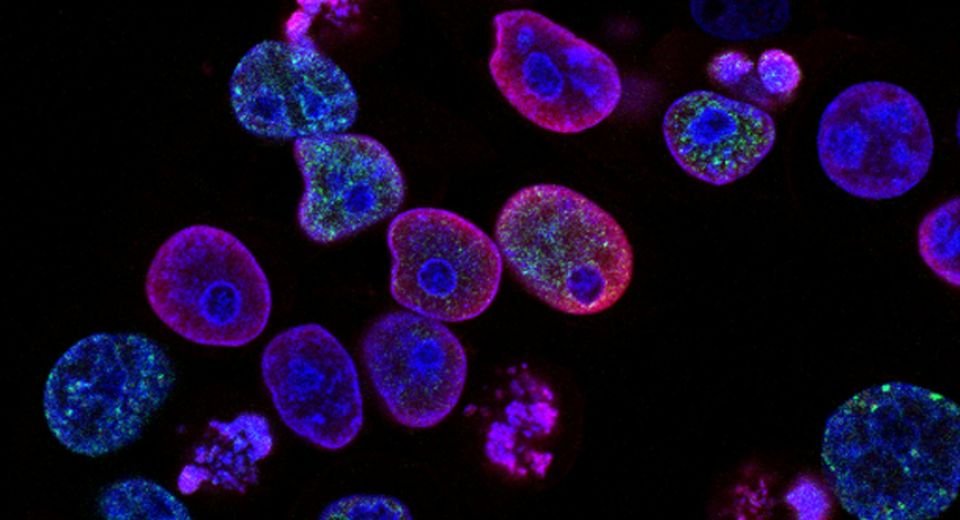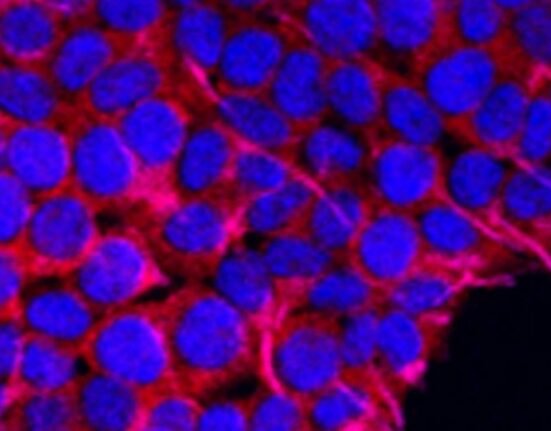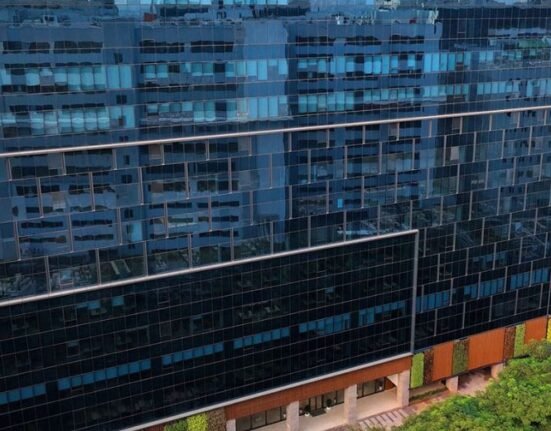HQ Team
October 14, 2024: Children with aggressive blood cancer may soon have access to a new treatment, CAR T-cell therapy, targeting T-cell acute lymphoblastic leukaemia (T-ALL). This treatment harnesses the body’s immune system to attack a specific protein CCR9 that occurs only on cancerous white blood cells.
The new trial is being launched at Great Ormond Street Hospital (GOSH), UK, in collaboration with University College London Hospital (UCLH).
Overview of CAR T-Cell therapy
Chimeric Antigen Receptor (CAR) T-cell therapy is an advanced form of immunotherapy that modifies a patient’s T cells to identify and destroy cancer cells. This approach has already shown promise in treating various cancers, particularly B-cell acute lymphoblastic leukaemia (B-ALL), but has not been effective for T-ALL until now.
Targeting CCR9 protein
Recent research has identified the CCR9 protein as a specific target present only on cancerous T cells. This discovery allows for a more precise attack on leukaemia without significantly affecting healthy T cells, which is crucial for maintaining the patient’s immune defense.
Dr. Sara Ghorashian, a consultant haematologist at GOSH, emphasizes that this targeted approach could lead to effective treatment outcomes while minimizing collateral damage to healthy cells
The study
The clinical trial is set to begin in April 2025, recruiting 12 children with relapsed or treatment-resistant T-ALL. The study will be conducted at both GOSH and University College London Hospital, with funding from the Great Ormond Street Hospital Charity amounting to £2.4 million
This trial marks a significant shift in pediatric cancer research. It will simultaneously test treatments for children and adults, aiming to expedite access to new therapies across age groups.
Addressing pediatric cancer research gaps
Historically, pediatric cancer treatments have lagged behind those for adults, often taking years longer to develop and approve. Only 12 anti-cancer medications have been authorized specifically for pediatric use in the past decade compared to over 150 for adults. This new trial aims to change this by integrating child-adult studies, ensuring timely access to innovative treatments for young patients.
Broader impact of CAR T-Cell therapy
While CAR T-cell therapy can cause side effects, they are typically more manageable than those associated with traditional chemotherapy and bone marrow transplants. The hope is that this new treatment will provide immediate benefits and set a precedent for future pediatric clinical trials, fostering an environment where children are not left behind in the race for effective cancer therapies.
Dr. Ghorashian’s team is optimistic about the potential of this therapy, especially since laboratory studies have shown its efficacy in clearing leukaemia cells. If successful, this could revolutionize treatment protocols for pediatric cancers and pave the way for further advancements in immunotherapy.








